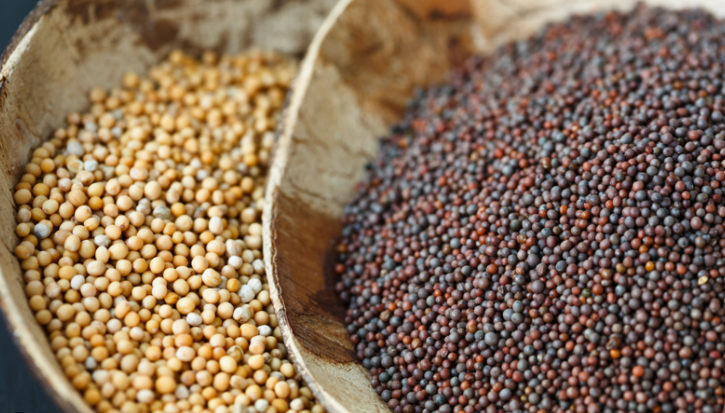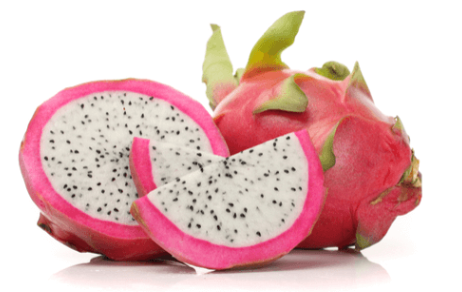Do you like juicy fruit from warm places? Pineapple is a great fruit that many people love. But if you have gout, you might not know if it’s okay to eat this fruit or if it will make your gout worse.
We’re going to look at how pineapple and gout are connected. We will talk about the good things and the bad things about eating pineapple when you have gout.
Table of Contents
- Understanding Gout
- Is Pineapple Good or Bad for Gout?
- The Nutritional Profile of Pineapple
- The Potential Benefits of Pineapple for Gout
- 1. Bromelain’s Anti-inflammatory Properties
- 2. Hydration and Antioxidants
- 3. Nutrient Density and General Well-being
- Moderation and Individual Considerations
- 1. High Sugar Content
- 2. Individual Sensitivities
- 3. Balancing Your Diet
- In Conclusion
Understanding Gout
Gout is a kind of arthritis that makes your joints hurt, get swollen, red, and tender. It happens when there’s too much uric acid in your body, which forms crystals in your joints.
Gout can be related to what you eat and drink, like too much meat, seafood, and alcohol. It can also come from being overweight or from your family history.
Is Pineapple Good or Bad for Gout?
Pineapple isn’t bad for gout at all. It could be helpful because it has something called bromelain. Bromelain is an enzyme that can help with inflammation and might help with gout pain.
Pineapple also has lots of water and vitamins that are good for you. But everyone is different, so some people might find out that pineapple makes their gout worse. Always pay attention to how your body feels when you eat different foods.
The Nutritional Profile of Pineapple
Pineapple is full of good stuff that your body needs, like:
- Vitamin C: There’s a lot of vitamin C in pineapple, which helps protect your cells and keeps your immune system working well.
- Bromelain: Pineapple has bromelain, which is an enzyme that helps with swelling and pain.
- Manganese: Pineapple has manganese, a mineral that’s important for your bones and helps your body fight off damage from harmful molecules.
The Potential Benefits of Pineapple for Gout
Researchers are still figuring out exactly how pineapple affects gout. But because of the things found in pineapple, it might be good for people with gout in several ways:
1. Bromelain’s Anti-inflammatory Properties
Bromelain in pineapple might help reduce the swelling and pain that come with arthritis, and it might help with gout attacks too.
2. Hydration and Antioxidants
It’s important to drink lots of water if you have gout. Pineapple can help because it has a lot of water in it. Plus, the vitamin C and other antioxidants in pineapple can help your joints stay healthy.
3. Nutrient Density and General Well-being
Having pineapple as part of a balanced diet can help keep you healthy in general. Eating different healthy foods and staying active can help you manage gout better.
Moderation and Individual Considerations
Pineapple can be good for people with gout, but you shouldn’t eat too much at once and need to think about your own health too.
Things to remember include:
1. High Sugar Content
Pineapple has sugar in it, so if you eat too much, it can be more sugar than you need. If you have diabetes or you want to cut back on sugar, remember to watch how much pineapple you eat.
2. Individual Sensitivities
Everyone is different. Some people might find that pineapple makes their gout worse, but others might not have a problem with it. Pay attention to how your body reacts when you eat pineapple.
3. Balancing Your Diet
To help manage gout, it’s best to have a balanced diet with many different types of food, like fruits, veggies, whole grains, lean proteins, and healthy fats.
In Conclusion
Pineapple is a tasty fruit that might have benefits for people with gout. Because of its anti-inflammatory effects and nutrients, it can be a nice part of your diet. Just make sure to eat it in the right amounts and think about your own health when choosing what to eat.









